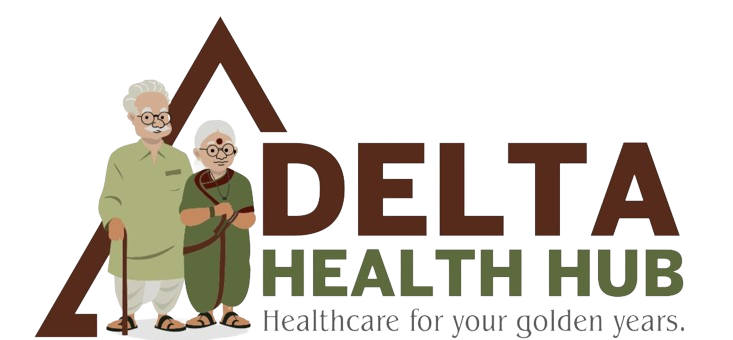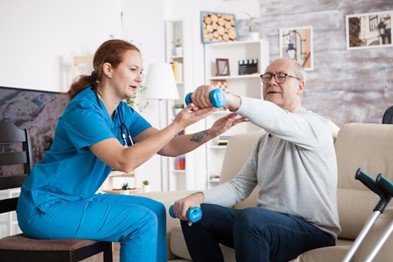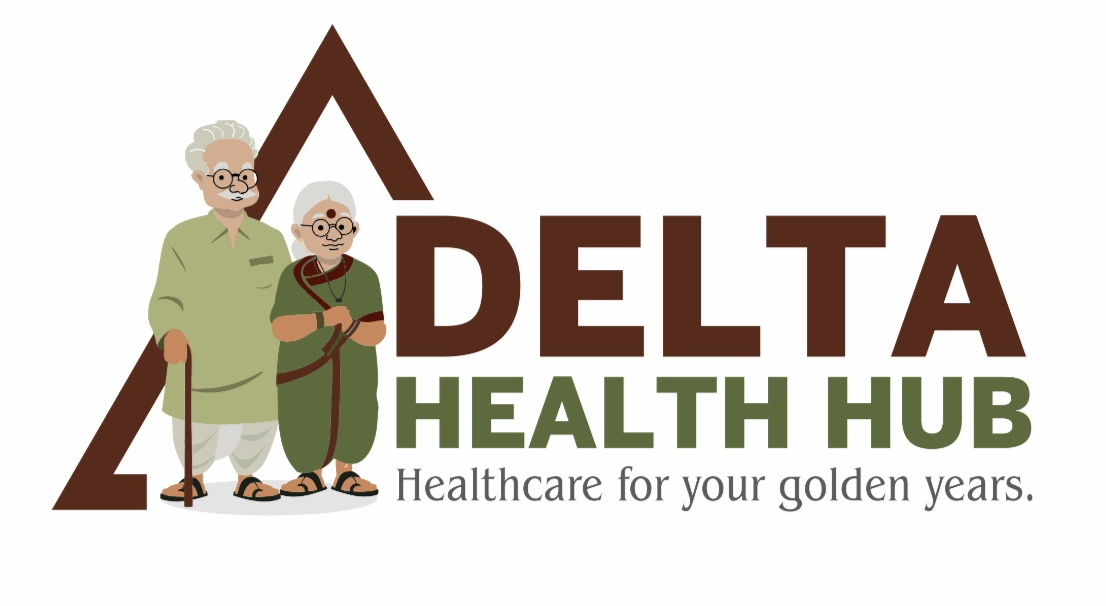Geriatric rehabilitation focuses on improving the functional abilities and quality of life for older adults, typically those aged 65 and above, who may experience physical, cognitive, or emotional challenges.
Here is an overview of geriatric rehabilitations:
Goals of Geriatric Rehabilitation:
- Enhance mobility and physical function.
- Improve independence in activities of daily living (ADLs) such as dressing, bathing, and eating.
- Manage and reduce pain related to musculoskeletal or neurological conditions.
- Address cognitive impairments and promote mental well-being.
- Support emotional health and social engagement.
- Prevent falls and minimize risks associated with aging.
Rehabilitation Techniques for Various Conditions
- Mobility Issues: Assistive devices and orthotics help those with balance and walking difficulties.
- Hearing Loss: Regular removal of earwax and use of hearing aids improve hearing quality.
- Cardiovascular Care: Strategies like fitted elastic hose and exercises help manage blood pressure and enhance cardiac function.
- Chronic Conditions: Pain management is tailored through physical therapy and appropriate medications.
- Visual Impairment: Treatments like cataract surgery and vision correction improve sight.
- Stroke Recovery: Speech and language therapy assists those struggling with aphasia, a common post-stroke condition.
Prescribed Exercises for the Elderly
To address the physical declines in elderly individuals, specific exercises are recommended:
- Endurance Exercises: Activities like swimming and walking improve cardiovascular health and reduce bone loss.
- Balance Improvements: Programs like Yoga help prevent falls by improving stability.
- Flexibility Workouts: Stretching exercises alleviate muscle stiffness and enhance joint mobility.
Outcome Measures
- Assessment of functional improvements and quality of life.
- Monitoring of complications such as falls, hospital readmissions, and medication adherence.
- Patient and caregiver satisfaction with rehabilitation services.
Geriatrics rehabilitation is vital for improving the quality of life and independence of elderly individuals. It involves targeted interventions like physical, occupational, and speech therapies to address mobility issues, cognitive decline, and health challenges of aging. Personalized care plans and multidisciplinary approaches aid in recovery from illness, injury, or surgery, helping older adults maintain or regain autonomy and dignity. By focusing on holistic care and continuity of treatment, geriatrics rehabilitation enhances physical abilities and supports emotional well-being, promoting overall wellness in the elderly.




